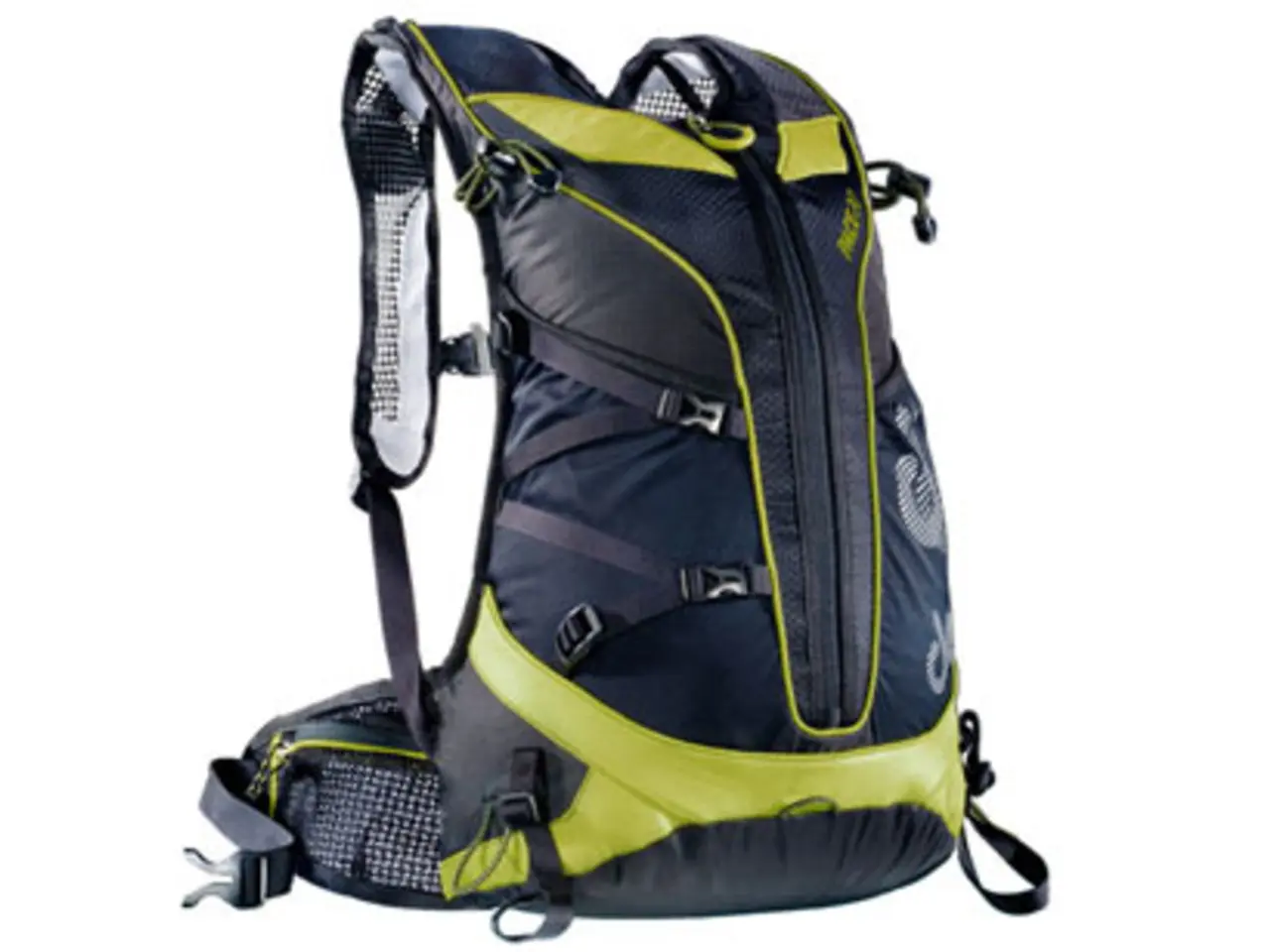Rainy season call for enhanced device protection measures, as detailed by MegaFon specialist
Protecting Your Electronic Devices from Water Damage: A Comprehensive Guide
In today's digital age, electronic devices have become an integral part of our lives. From smartphones to hard drives, these devices store our precious memories, work, and personal information. However, they are vulnerable to water damage, which can lead to costly repairs or data loss. Here's a guide on how to protect your devices and recover them if they get wet.
Protecting Your Devices
To properly protect electronic devices from water damage, take these precautions:
- Use waterproof or water-resistant cases and covers, especially if you'll be near water or in wet environments.
- Avoid exposing devices to water intentionally; even water-resistant devices have limited protection and it can degrade over time.
- Keep devices elevated and away from puddles, sinks, or bathtubs.
- Store devices in dry, cool areas, and consider silica gel packs in storage to reduce moisture.
- For home electronics like hard drives, avoid moisture exposure and consider additional protective enclosures.
Recovering a Wet Device
If an electronic device gets wet, follow these general recovery steps:
- Turn it off immediately to prevent short circuits or further electrical damage.
- Carefully remove batteries or external power sources if possible.
- Gently dry the exterior with a soft, lint-free cloth; avoid aggressive rubbing to prevent pushing water further inside.
- Remove excess water physically if possible (e.g., gently tap ports downward to let water out).
- Avoid common but harmful remedies like placing the device in rice—rice particles can cause damage and are less effective than silica gel.
- Place the device in a dry area with good airflow or near a fan to aid drying; wait several hours before attempting to power it back on.
- For moisture-sensitive components like hard drives, store them in an antistatic bag with desiccants (silica gel) and seek professional data recovery if needed.
Specific Devices
For phones (e.g., iPhones), follow Apple’s advice:
- Turn off the phone and dry with a lint-free cloth.
- Tilt and tap to remove water from ports.
- Let it air dry in a ventilated space for at least 5 hours before powering on again.
For water-exposed hard drives, power off immediately, remove the drive, place it carefully in an antistatic bag with drying agents, and avoid powering it on to prevent permanent damage. Professional recovery is often needed for heavily contaminated drives, as water can cause corrosion, head crashes, and PCB failure.
Additional Prevention
Additional water damage prevention includes installing water leak detectors and shutoff devices for home water systems, which can alert you early and potentially stop leaks before they cause damage to electronics or home infrastructure.
In summary, by following these guidelines, you can significantly reduce the risk of water damage to your electronic devices. If a device does get wet, act quickly, and seek professional help if needed. With proper care, you can keep your devices safe and functioning optimally.
[1] Apple Support: What to do if your iPhone gets wet [2] Backblaze: Water Damage and Hard Drives: What to Do When Your Hard Drive Gets Wet [3] Home Water Leak Detection and Shutoff Devices: Top 8 Home Water Leak Detection Systems for 2021 [4] Samsung: What to do if your Samsung Galaxy device gets wet [5] National Flood Services: Water Leak Detection Systems: How They Work and What They Cost
- To better protect your smartphones from water damage, consider using waterproof cases or covers when around water or wet environments, and avoid intentionally exposing them to water.
- When it comes to gadgets like hard drives, keep them away from moisture and consider additional protective enclosures to prevent water damage and ensure the safety of your precious memories and data.




